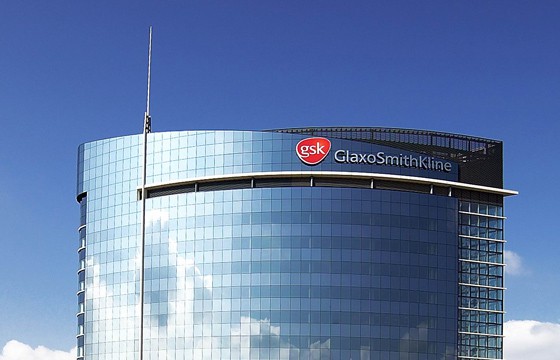
GlaxoSmithKline (GSK) has submitted asthma candidate mepolizumab in Europe and the US, taking a lead in the race to bring an interleukin-5 (IL-5) antagonist to market.
Mepolizumab has been submitted for approval as a treatment for severe eosinophilic asthma, which is a particularly debilitating form of the respiratory disorder that resists treatment with current therapies.
GSK wants to position the once-monthly injectable drug as an add-on maintenance therapy for severe cases of eosinophilic asthma, which accounts for around a third of all cases. In the US it has filed the drug for patients aged 12 or more while in Europe it is seeking approval in adults.
The filings are based on the results of two clinical trials – MENSA and SIRIUS – which showed mepolizumab reduced the frequency of asthma exacerbations when added to inhaled bronchodilator or corticosteroid therapy.
Dave Allen, who heads GSK’s respiratory R&D group, said: “Severe asthma can have serious health consequences and – for patients with elevated eosinophil levels whose disease remains uncontrolled despite taking medication – there are few treatment options.”
Regulatory filings in other countries are planned during the remainder of 2014 and in 2015, said GSK.
The pharma company is the first company to reach the submission stage for an IL-5 inhibitor in asthma, stealing a march on rivals AstraZeneca – whose benralizumab candidate is in phase III trials – and Teva which is planning to file for reslizumab early next year.
GSK is also facing potential competition from Regeneron/Sanofi’s IL-4 and IL-13 blocker dupilumab and AZ’s anti-IL-13 antibody tralokinumab, which recently started phase III testing.
The potential of biologic therapies for asthma can be seen with Novartis’ already-marketed immunoglobulin E (IgE) inhibitor Xolair (omalizumab) which had sales of $577m in the first nine months of the year, a 30% increase on the same period of 2013, for the slightly different indication of allergic asthma.
The high number of new biologic therapies coming through the pipeline has raised concerns about the ability of healthcare systems to pay for the new drugs, given they are expected to have a price tag upwards of $10,000 a year and current drugs are largely generic and low-cost.
Analysts have suggested the IL-5 inhibitor class on its own could achieve sales of $7.5bn a year at peak.




